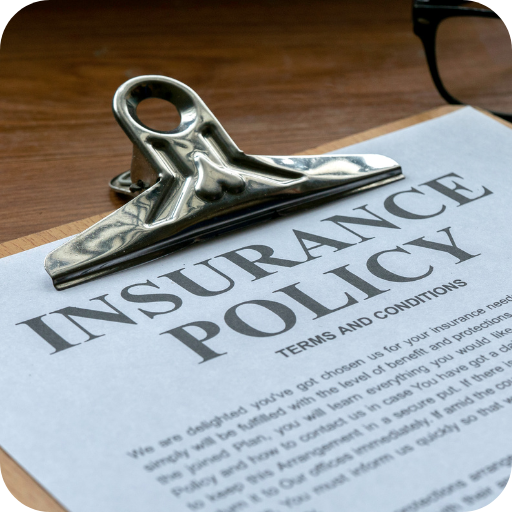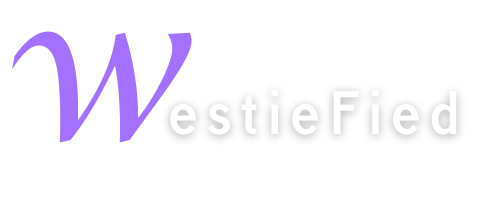Legal Disclaimer
The information provided in the “Legal and Insurance Considerations” section is for general informational purposes only and does not constitute legal advice. While efforts have been made to ensure the accuracy and relevance of the content, it is not a substitute for professional legal counsel. Always consult with a qualified attorney or legal professional to address your specific needs, concerns, or circumstances regarding liability, insurance, and any other legal matters related to your West Coast Swing community. The author and publisher of this content are not responsible for any actions taken based on the information provided herein.
While it might not be the most exciting part of organizing dance events, taking care of these details ensures that you and your community are protected. From liability issues to music licensing, here’s a straightforward guide to handling the legal and insurance aspects of your WCS community.

Understanding Liability and Insurance Needs
One of the first things to consider when running dance events is liability. Anytime you gather people in a space—especially when dancing is involved—there’s a chance someone could get hurt. The right insurance can protect your community and its leaders from potential lawsuits and financial losses.
General Liability Insurance
General liability insurance is a must-have for any WCS community. This type of insurance covers injuries or damages that might occur during your events, such as a dancer slipping on the floor or accidentally bumping into another guest. It can also cover damage to the venue property, which is especially important if renting spaces you don’t own.
Here’s what you need to know about general liability insurance:
What It Covers: Bodily injuries, property damage, and sometimes advertising or personal injury claims.
How Much It Costs: The cost varies depending on the size of your events and location, but expect to pay a few hundred dollars annually. It’s a small price for peace of mind.
Where to Get It: Look for insurance providers specializing in events, sports clubs, or community groups. Some dance organizations offer group rates or can point you in the right direction.
Venue Insurance Requirements
Many venues require you to have insurance before they let you book the space. They may ask for proof of insurance and even request to be listed as an “additional insured” on your policy, providing them with some protection under your coverage.
Before signing venue contracts, check their insurance requirements to know what’s expected. It’s always a good idea to get everything in writing, including any specifics about what your insurance must cover.
Waivers and Release Forms
Another way to protect your community is to use waivers and release forms. Participants sign these forms and state that they understand the risks involved in dancing and will not hold your community or organizers responsible if something goes wrong.
While waivers aren’t a foolproof legal shield, they do provide an extra layer of protection and can discourage lawsuits. Ensure your waiver is clear, straightforward, and written in plain language that participants can easily understand.
What to Include: Acknowledgment of risk, release of liability, and an agreement not to sue in case of injury. It’s also a good idea to include a clause about using photos or videos taken during the event for promotional purposes.
Getting Waivers Signed: Waivers can be signed electronically during event registration or at the door. Ensure you keep a copy of signed waivers on file for future reference.
Music Licensing
Music is at the heart of WCS, but playing it publicly without the proper licensing can land you in hot water. In the U.S., music is protected by copyright laws, which means you need permission from the copyright holders to play their music at your events. This usually means paying for a music license from a performing rights organization (PRO).
Why You Need a Music License
Whether playing music from Spotify, a DJ’s set, or even live musicians, you need a license to perform those songs at your events legally. The fees collected by PROs are distributed to songwriters, composers, and publishers to compensate them for using their music.
Skipping on music licensing can result in hefty fines, and it’s not something to take lightly. While the likelihood of getting caught might seem low, it’s not worth the risk to your community’s reputation and finances.
How to Get a Music License
In the U.S., the main PROs you’ll deal with are ASCAP, BMI, and SESAC. Each one licenses different songs, so you may need to secure licenses from more than one organization to cover your music needs fully.
ASCAP (American Society of Composers, Authors, and Publishers): Covers millions of songs across various genres.
BMI (Broadcast Music, Inc.): Similar to ASCAP, with its music catalog.
SESAC: Smaller but still significant, SESAC’s catalog includes some popular WCS tracks.
Each PRO offers different pricing models based on event size, frequency, and whether you’re using live or recorded music. You can usually find the details and apply for a license directly on their websites. Bar Business Owners has a great article on music licensing.
Venue Licensing Considerations
Some venues may already have music licenses covering events held on their premises. Always check with the venue first; if they’re already licensed, you might not need to secure additional coverage. However, this varies from place to place, so getting confirmation in writing is best.
Structuring Your Community Legally
Depending on the size and structure of your WCS community, you might consider formalizing your group as a legal entity. This can provide additional protection for you and your leadership team.
Forming a Non-Profit Organization
If your community operates on a volunteer basis and you’re not looking to make a profit, forming a non-profit organization might be a good option. Non-profits can often qualify for lower insurance rates, and you may even be eligible for grants or tax-exempt status.
Setting up a non-profit involves registering with your state, creating bylaws, and filing for tax-exempt status with the IRS. While it’s a bit of a process, the benefits for long-term sustainability can be well worth it.
Setting Up an LLC
If your community generates income or you want to protect your assets from liability, setting up an LLC (Limited Liability Company) might be a good choice. An LLC provides a legal barrier between your finances and the community’s operations, offering more security if something goes wrong.
Final Thoughts on Legal and Insurance Matters
While legal and insurance considerations might not be the glamorous part of running a WCS community, they’re essential for keeping your events safe, professional, and sustainable. Take the time to get your insurance in order, ensure your music licensing is current, and consider setting up a legal structure that protects you and your team. With these boxes checked, you can focus on creating amazing dance experiences for your community.
